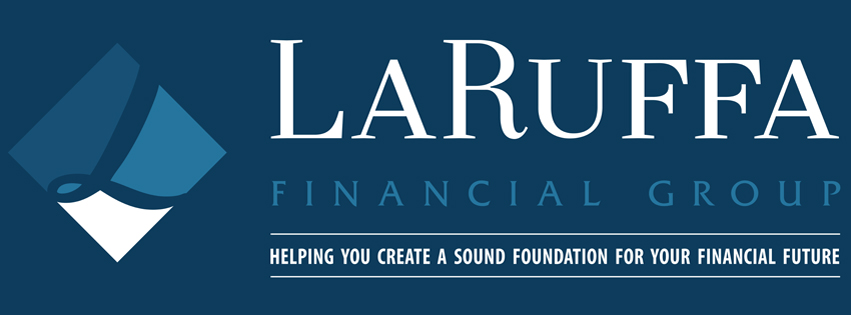Social media has essentially redistributed power from brands to individuals thanks to immediate and evergreen feedback that customers can write about the products they purchase and use.
In a way, we’ve reverted back to the days when people relied more heavily on recommendations from friends and family to help decide what to buy. Now, no matter how slick a marketing campaign or sales pitch, people can perform due diligence to help get the real scoop before making a purchase.
In our business, we rely on referrals from clients, friends and family as well. When it comes to your finances, you must be able to trust your financial professional.
[CLICK HERE to read the article, “Imagine There’s No Marketing … It’s Easy If You Try,” at Knowledge@Wharton, Nov. 13, 2015.]
Computers, tablets and cellphones are now conduits for mass quantities of information, which can make it even more difficult to make decisions. Because there is so much greater choice now, you can’t always get recommendations from friends for something you want to buy.
However, you can tap the resources of social media — namely point-of-purchase reviews by strangers who nonetheless have already purchased the exact same product you’re considering.
According to recent research, 90 percent of consumers have read online reviews to determine the quality of a local business, and 39 percent do so on a regular basis. On many websites, merchants provide the opportunity for customers to leave both good and bad reviews about their products.
Be wary, however, of a merchant that has only good reviews — it’s possible they may be filtering out negative input or submitting their own positive remarks. If you want feedback but there is none available, perform a Google search to see if there are reviews for the product at other sites. Once you’ve read them, you can always go back and purchase the item from the original site.
[CLICK HERE to read the article, “88% Of Consumers Trust Online Reviews As Much As Personal Recommendations,” from Search Engine Land, July 17, 2014.]
[CLICK HERE to read the article, “5 Predictions about the Growing Power of Online Customer Reviews,” from Entrepreneur, Aug. 28, 2014.]
[CLICK HERE to read the article, “Amazon sues more than 1,000 sellers of ‘fake’ product reviews,” from CNN, Oct. 19, 2015.]
People do more than read, shop and chat online. For example, 25 percent of college students have taken at least one class online, and more than twice as many now take a class online as live on campus.
One of the positives of online educational opportunities is that it can help solve the problem of student debt. It used to be that the only way for many students to get a college education was to take out a student loan. Now online classes can be both less expensive and offer the flexibility for students to get an education while holding down a job, caring for children or living in a rural area.
[CLICK HERE to read the article, “One in Four Students Takes Online Classes,” from Social Media Today, Nov. 12, 2015.]
Then, of course, there are the downsides of social connections. A recent survey found that 60 percent of Americans check their email while on vacation and 25 percent become restless and unwell after just three days without access to email. In fact, doctors have estimated 11 million Americans suffer from “email addiction.”
One way to downplay the tendency to constantly check your phone is to turn off email and other notifications from social media sites. If you are at work or in the company of children or elderly parents (or anyone, really), allowing your focus to shift every time a new email arrives takes up a lot of energy to both respond and then get back to the task or conversation at hand.
Not only can this multitasking make you less effective, it sends the message to the people right in front of you that they are a lower priority.
As for checking emails first thing in the morning, experts suggest waiting at least half an hour to an hour after you get to work before checking your inbox. That’s because the brain is generally most alert, most focused and most creative in the first part of the morning.
If you waste this mental acuity on responding to emails, you’ll be less sharp when you get to tasks that would benefit more from it.
[CLICK HERE to read the article, “Five ways to use mindfulness to manage your email,” from Knowledge@Wharton, Nov. 13, 2015.]
We are an independent firm helping individuals create retirement strategies using a variety of insurance products to custom suit their needs and objectives.
The information contained in this material is provided by third parties and has been obtained from sources believed to be reliable, but accuracy and completeness cannot be guaranteed; it is not intended to be used as the sole basis for financial decisions.
If you are unable to access any of the news articles and sources through the links provided in this text, please contact us to request a copy of the desired reference.
AE12155190
